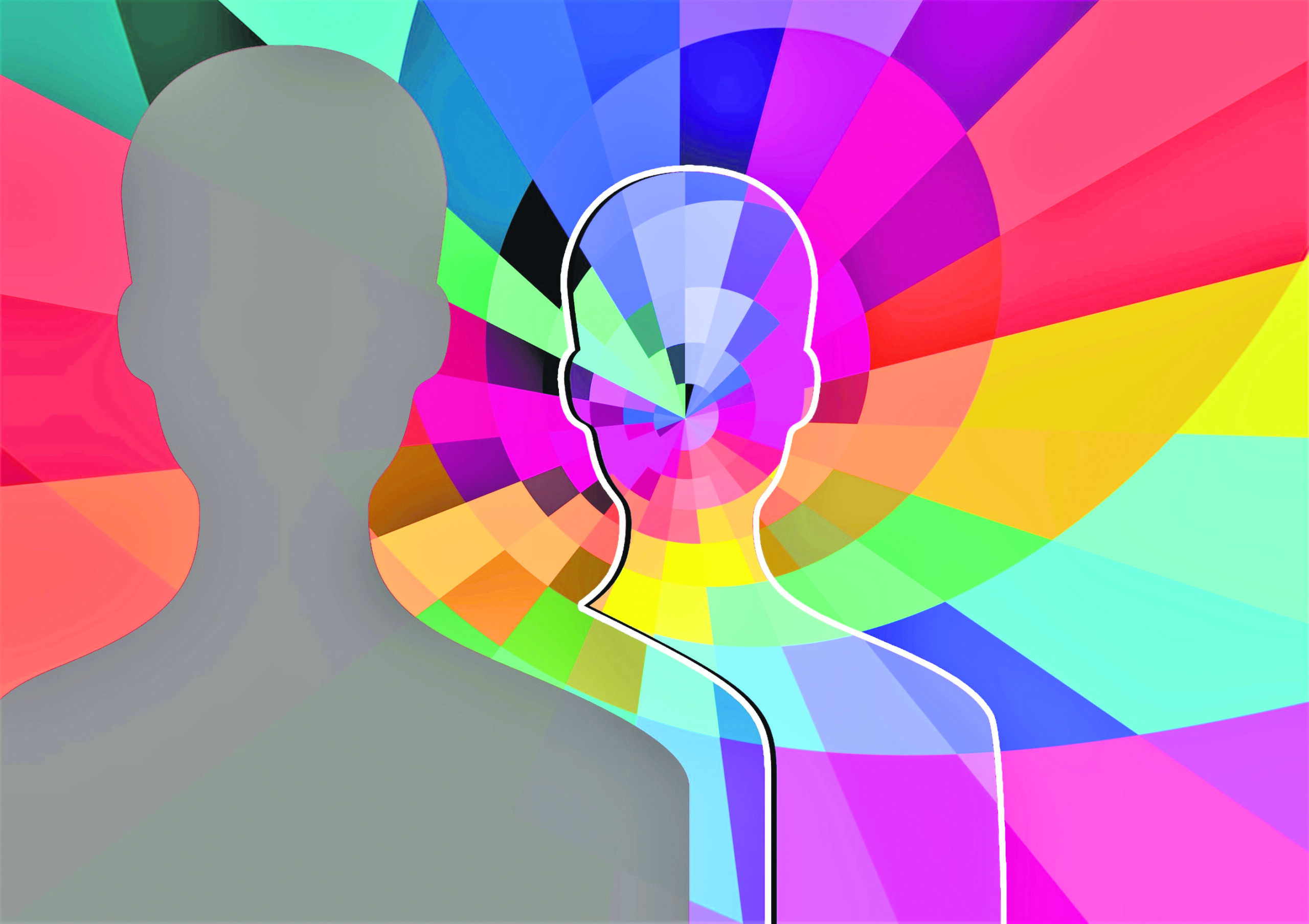
It is a human tendency to judge others. The question of whether it is right or wrong to do so is complicated and the answer depends on several factors.
Judging others can take various forms, and it is essential to understand the difference between them. In certain situations, making judgments is a necessary part of decision-making and critical thinking. In professional settings, people may be evaluated based on their skills, qualifications, and performance. In such cases, constructive criticism can be a useful tool for personal and professional growth.
Sometimes, judgments help us make decisions and understand the world around us. But making snap judgments for safety or efficiency is quite different from forming deeper, more critical judgments about someone’s character or worth. Forming an opinion about someone without knowing the full context or understanding their circumstances can lead to unfair assumptions. This can result in prejudice or ill treatment based on incomplete information or stereotypes.
The consequences of such judgments are often negative: they affect the other person’s self-esteem, confidence, and well-being, create barriers in relationships, and lead to misunderstanding and division. Making quick judgments may also prevent us from seeing the potential in other people and limit our ability to learn from them.
If we wish to get a fair idea of the people and situations around us and respond to them in a constructive manner, it is much better to be discerning than judgmental. What is the difference between the two?
We usually judge people or situations in order to decide how to deal with them. Basically, we categorize them so that we can determine our response. In most cases the main guiding factor is self-interest or, if a group of people is making the judgment, their overall interest. For this reason, our judgment may or may not be accurate or fair.
Discernment is a more thoughtful and empathetic assessment that also takes into consideration the interest and well-being of the other person. Individuals are very often complex, and understanding them requires a nuanced approach.
Take the case of parents. When they notice a shortcoming in their child, they do not label or condemn the child. A good parent recognizes what needs to be done to remove the shortcoming, and has the pure wish to see the child free from it. Knowing the child’s defect does not diminish the parents’ love. With gentle words of encouragement, they urge the child to overcome the weakness.
God, the Supreme Father of all souls, also works in this manner. He knows the karmic story of each and every one of us – better than we know it ourselves. But He does not love us any less for it. As the scriptures tell us, He teaches us the right way to live and is infinitely patient and loving, always seeing the best in His children and wishing them a better future. The punishment for sin that we fear is not the work of God, who is ever merciful. It is the fruit naturally produced by the seeds we have sown with our thoughts, words, and actions.
Why cannot we be non-judgmental like God? The missing ingredients are love and empathy. The reason is we forget that as children of one God we are all part of the same family. When we recognise our relationship with the Father, then our spiritual kinship with the entire human family also becomes clear to us. And when we appreciate God’s unwavering love for us despite all our flaws, we realise that we can be, and ought to be, similarly benevolent towards others. This is the practical essence of religion.
B.K. Geeta is a Rajyoga teacher at the Brahma Kumaris headquarters in Abu Road, Rajasthan.